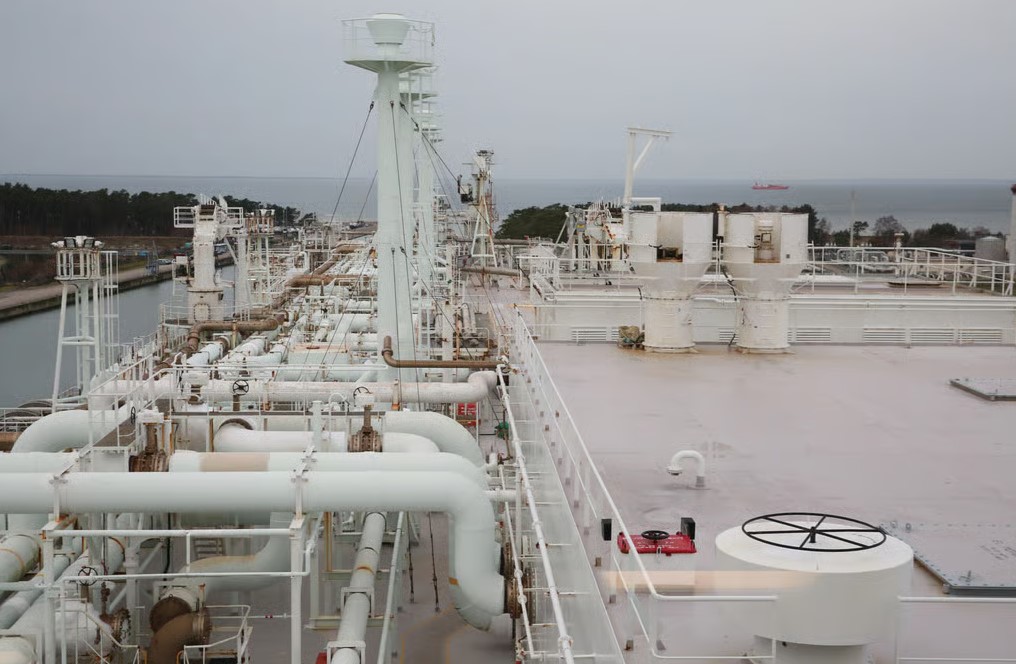
A historic moment: EU imposes first sanctions against Russian gas
After weeks of debate and resistance from Germany and Hungary, the European Union has adopted unprecedented sanctions against Russia’s lucrative gas sector. This decision, made after lengthy negotiations between EU ambassadors, could pull hundreds of millions from Moscow’s military coffers.
The sanctions prohibit EU ports from reselling Russian liquefied natural gas (LNG) after it arrives and block funding for planned LNG terminals in the Arctic and Baltic states. Thus, the new measures do not affect most of Russia’s LNG exports to the EU, but they significantly complicate Russia’s business model, especially with regard to supplies to Asia via Europe.
The move was significant for the EU, as the bloc has not imposed sanctions on Russian gas since Russia’s full-scale invasion of Ukraine in February 2022, although it has imposed strict bans on oil and coal. Given the growing pressure on gas due to the unsatisfactory results of previous sanctions, it was decided to extend the restrictions.
For several weeks, Hungary threatened to veto the package because it disagreed with additional energy sanctions. Germany also expressed unexpected opposition, worried about new obligations for EU exporters. However, in the end, Germany’s concerns were addressed by dropping a provision that could have harmed small businesses, and it was decided to conduct a study of the potential consequences.
According to diplomats, Hungary supported the LNG sanctions after assurances that the expansion of Russia’s Paks II nuclear plant would not be subject to sanctions.
Despite the approval of sanctions on LNG, negotiations on the imposition of Russian sanctions on Belarus continue. Germany and France oppose these plans, fearing the impact on the sale of luxury goods.
The EU has reduced its dependence on Russian gas by about two-thirds since the invasion, but still imports and resells Russian LNG, which creates considerable embarrassment for the bloc. Although Russian LNG accounted for only 5% of EU gas consumption in 2023, it brought the Kremlin about €8 billion in profit.
The new sanctions will force Russia to reconsider its LNG business model, especially for supplies sent to Asia via Europe. Now Russia will have to change the routes of these supplies through the Arctic Sea, which requires specially equipped icebreakers, which are in short supply.
For Germany, the problem was not fuel, but the expansion of measures that force EU companies to ensure that their customers do not sell goods to Russia. Berlin fears that this will hit small businesses, as smuggled products often stop before reaching Russia, making it difficult to track the supply chain.
These concerns have created a rift in Chancellor Olaf Scholz’s three-party coalition, with the Green-led Foreign Ministry long pushing for sanctions and Scholz’s Social Democrats trying to delay them until the issue of the civilian goods ban is resolved.
Foreign Ministry officials fear that the delays are damaging Berlin’s reputation for promoting a Russia-friendly economic policy before the war.

